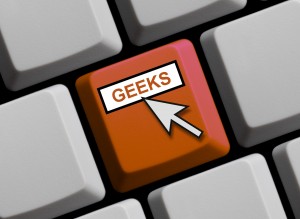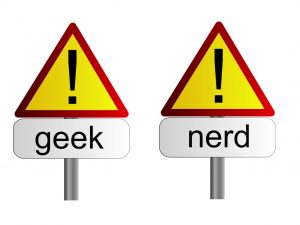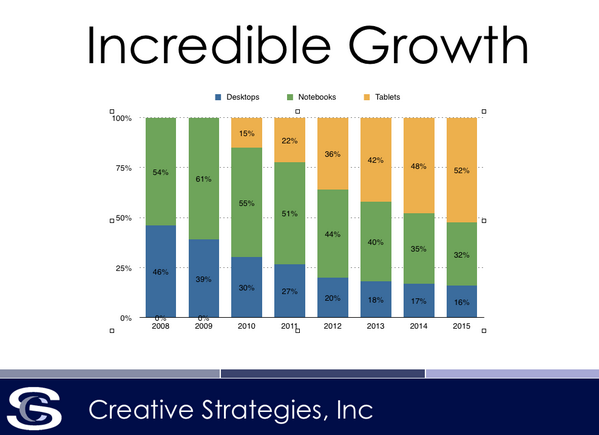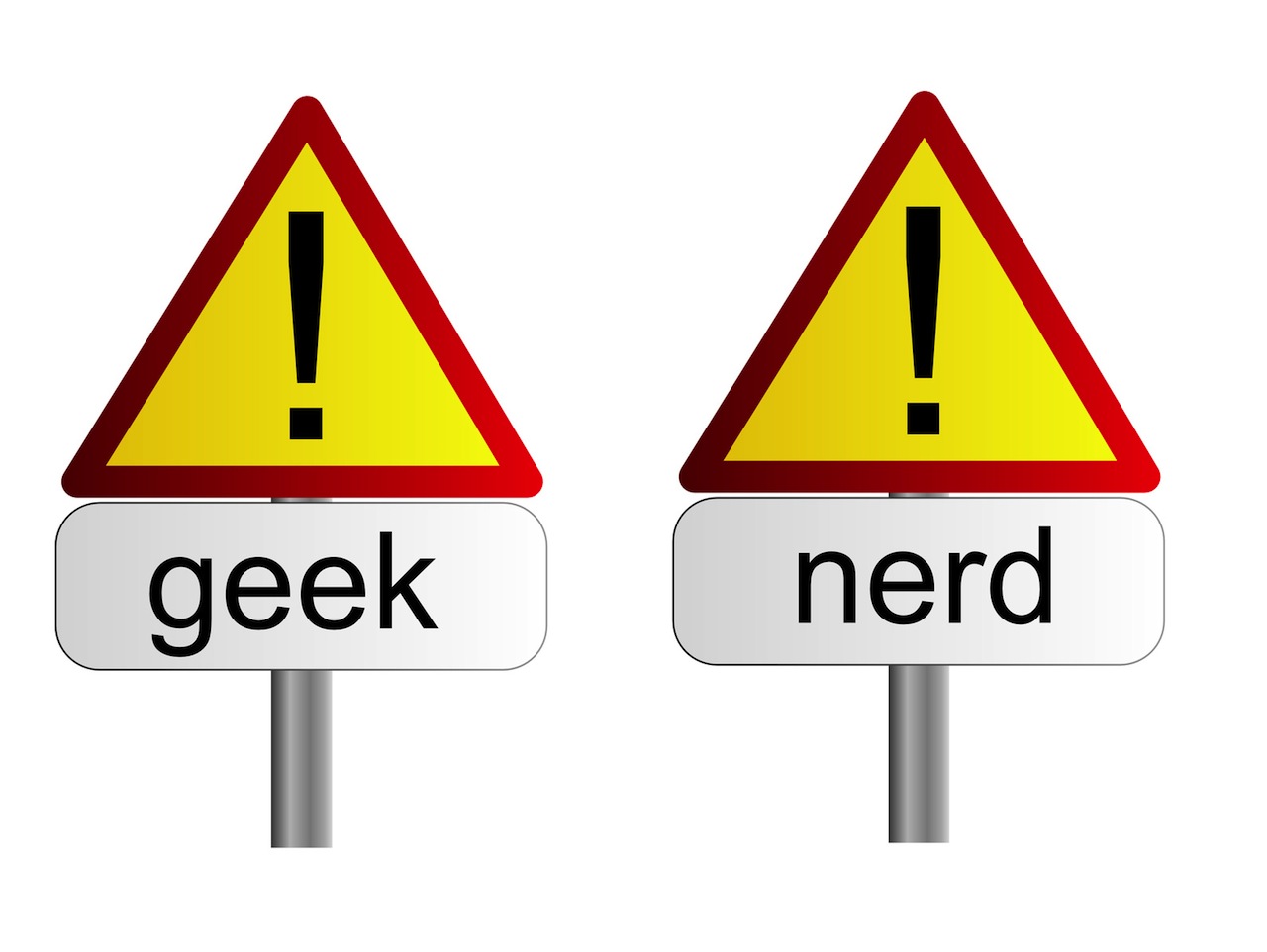Anyone that has been paying attention to the evolution of OS X and iOS will have at some point noticed that the two operating systems are slowly acting more like each other. ((All article excerpts are from: “MacPhone Air: Mark Shuttleworth predicts Apple will merge Mac and iPhone“))
 Agreed.
Agreed.
Mark Shuttleworth, founder of Canonical who recently attempted to crowdfund the Ubuntu Edge phone that would double as a desktop PC … predicts Apple will merge Mac and iPhone hardware one day soon, creating a device similar to the Ubuntu Edge.
Vehemently disagree.
…Shuttleworth said that though his company’s Ubuntu Edge didn’t reach its crowdfunding goal, it drummed up enough interest in a phone that doubled as a desktop PC, and other companies would adopt the concept as their own.
Yeah, right, You failed miserably, so now everyone is inspired to be you.
“(Shuttleworth pointed) out that the Cupertino company specifically labeled the phone’s A7 SoC as a “desktop-class processor.” Shuttleworth thinks Apple specifically chose this nomenclature as a way to hint at the future of its hardware, stating that it was a “very clear signal” that Apple would merge the iPhone and MacBook Air into one device.
Yeah, right, because Apple just LOVES to give hints (eye roll).
OS X and iOS have been on a collision course for some time now, though both operating systems are traveling in slow trains.
Collision course or parallel courses? There’s a big difference between the two.
Who knows if Shuttleworth is right in predicting that Apple would converge the two devices….
Oh, me, me, me!
I’m sorry — was that supposed to be a rhetorical question?
Shuttleworth’s analysis is as wrong as wrong can be. Here’s why.
Jobs To Be Done

“To forget one’s purpose is the commonest form of stupidity.”~Friedrich Nietzsche
If a device isn’t doing a useful job, it won’t get hired. If it’s doing an unmet job, then it will be staggeringly successful.
Tablets are stealing jobs from keyboard-based computers in a steady war of attrition~Horace Dediu (@asymco)
What many fail to realize is that mass market consumers are using tablets in the SAME ways they used to use PCs. And then some.~ Ben Bajarin (@BenBajarin)
As one teen said to another: “I love my iPad. I can do so much more on it than on my laptop.”~ Horace Dediu (@asymco)
If you don’t think that the tablet is doing its job, it’s because you don’t understand the job the tablet is being hired to do.
Design
Design isn’t a matter of building, it’s a matter of taking away. It’s like Michelangelo taking a block of marble and chipping away at it until it reveals David.
Perfection is achieved, not when there is nothing left to add, but when there is nothing left to take away. —Antoine de Saint-Exupéry
Tech Geeks (like us) v. Real People (like them)
 I define the word “Geek” as, well, pretty much anyone who is reading (or writing) this article. We’re not like real people.
I define the word “Geek” as, well, pretty much anyone who is reading (or writing) this article. We’re not like real people.
(I mean, c’mon, you know I’m right.)
The way we see the problem is the problem.” ~ Stephen Covey
— Real people look for solutions;
— Geeks look for problems — and find them.
In most aspects of life, too much of something is just as bad—and often much worse—than too little.~Dr. Mardy’s Aphorisms
— Real people focus on what it is.
— Geeks focus on what is missing.
I’M NOT FINISHED.” —Edward, Edward Scissorhands
— Real people say: “What can I do with it?”
— Geeks say: “What can I do to it?”
In all human affairs, the wisest course is to be passionate about the role of reason and reasonable about the role of passion.~Dr. Mardy’s Aphorisms
Geeks are passionate about reason. They need to also be reasonable about the role that passion plays in our lives.
The brain and the heart are like the oars of a rowboat. When you use only one to the exclusion of the other, you end up going around in circles.~Dr. Mardy’s Aphorisms
Using reason to evaluate a product is like rowing with one oar. Only if we view a product through both its utility and its appeal to human emotions can we truly make any progress.
Geeks Simultaneously Think That The Tablet Is Fabulously Successful And Fatally Flawed
Most people look at the growth of the tablet and say: “Wow, the tablet must be doing something right.”

Geeks look at the growth of the tablet and say: “Yeah, sure, it’s doing well and all…but what would REALLY make the tablet great would be if it were a hybrid!”
Touch Input And Pixel Input Are Inherently Incompatible
DESTINY! DESTINY! NO ESCAPING THAT FOR ME!” —Dr. Frederick Frankenstein, Young Frankenstein
Contrary to geek wisdom, Frankenstein’s monster was not a shining success, the creation of life from inanimate matter. It was, well, a monster, a sort of hybrid.
— A telescope is good for big things. A microscope is good for small things. A Tele-Microscope is good for nothing.
— A Microwave cooks fast. A stove cooks slow. A Micro-Stove Oven leaves us cold.
This was the genius of the iPad. It was a mediocre notebook computer, but it was a great tablet. This was why, after 10 years of failure, the tablet took off. We still haven’t learned the lesson. Geeks still want the tablet to be a combination of a tablet and a notebook despite the fact that the market clearly prefers tablets to be tablets.
Listening To The Market
When I was in law school, they taught me that when the Judge was agreeing with you, you should shut up and sit down.
Fine, fine advice…that I never took. But that doesn’t mean that you shouldn’t heed those wise words.
The public is the only critic whose opinion is worth anything at all.~Mark Twain
In technology, the market is the Judge. And when the market is shouting you down…
…shut up, sit down and enjoy the ride. That’s what the vast majority of consumers are doing. We would be wise to do so too.

There is definately a lot to find out about this subject. I like all the points you made
It’s nice to see the best quality content from such sites.
Thank you for great information. I look forward to the continuation.